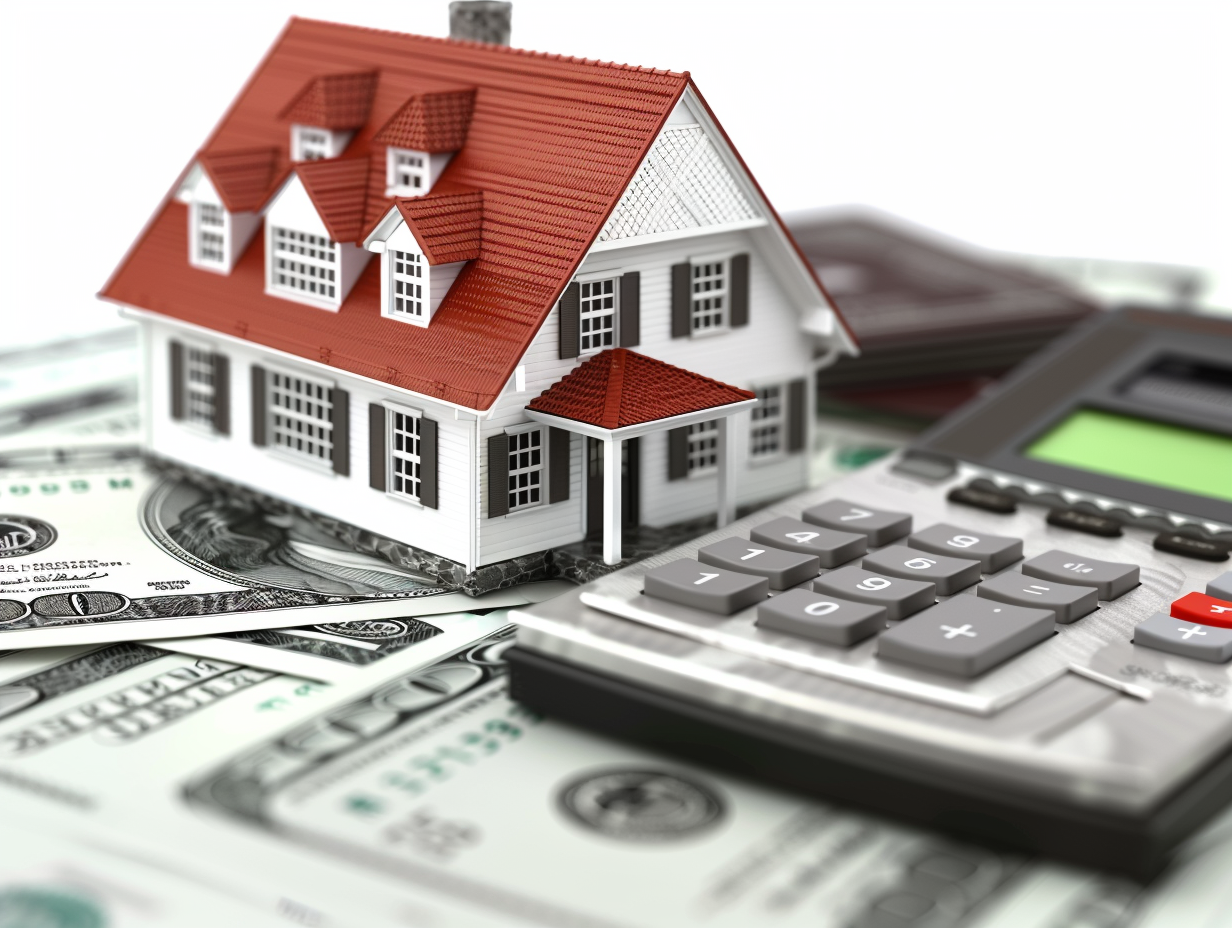Buying a home is exciting, but high-interest rates can be a real buzzkill. Don’t fret! We’re here to share some savvy strategies to help you secure an affordable mortgage and make your dream of homeownership come true without draining your wallet.
Get Familiar with Mortgage Types
Before diving in, it’s crucial to understand the different types of mortgages available. Here are the main ones:
- Fixed-Rate Mortgage: The interest rate remains the same for the entire loan term.
- Adjustable-Rate Mortgage (ARM): The interest rate starts lower and can change periodically based on the market.
Knowing your options helps you make an informed decision that suits your financial situation.
Boost Your Credit Score
A higher credit score can get you a better interest rate. Here’s how to give your credit score a boost:
- Pay Bills on Time: Timely payments are a big factor in your credit score.
- Reduce Debt: Lowering your debt-to-income ratio can improve your score.
- Check for Errors: Review your credit report for mistakes and dispute any inaccuracies.
Save for a Larger Down Payment
The more you put down upfront, the less you need to borrow. A larger down payment can also help you secure a lower interest rate and avoid private mortgage insurance (PMI). Aim for at least 20% if possible.
Shop Around for Lenders
Don’t settle for the first lender you find. Compare offers from different lenders to ensure you’re getting the best deal. Consider working with a mortgage broker who can help you navigate the options. If you’d like to be connected with some reputable local lenders who can help you secure an affordable home loan, reach out to us.
Consider Different Loan Terms
While a 30-year mortgage is common, exploring shorter terms like 15 or 20 years can save you money on interest. Shorter terms usually come with lower interest rates, although the monthly payments are higher. Alternatively, you might consider asking your lender about a longer term, such as a 40-year mortgage. While you’ll pay more interest over the life of the loan, the monthly payments are typically smaller, which can be easier on your budget.
Pay Discount Points to Lower the Rate
Another effective strategy is to pay discount points upfront to reduce your interest rate. Here’s how it works:
- What Are Discount Points? Discount points are fees paid directly to the lender at closing in exchange for a lower interest rate.
- How Much Does It Cost? One point typically costs 1% of the total loan amount.
- Long-Term Savings: By reducing your interest rate, you can save a significant amount of money over the life of the loan. This is especially beneficial if you plan to stay in your home for a long time.
Lock in Your Interest Rate
Once you find a good rate, lock it in. Rate locks typically last for 30 to 60 days, giving you time to close on your home without worrying about rate hikes.
Explore First-Time Homebuyer Programs
There are numerous programs designed to help first-time homebuyers. These programs can offer lower interest rates, reduced down payment requirements, and other perks. Look into options like:
- FHA Loans: Backed by the Federal Housing Administration, these loans require lower down payments and credit scores.
- VA Loans: For veterans and active-duty military, offering competitive rates and no down payment.
- USDA Loans: For rural homebuyers, providing low rates and no down payment.
Negotiate with the Seller
In a buyer’s market, you might have room to negotiate with the seller. Ask the seller to cover closing costs or buy down your interest rate. Every bit of savings helps!
Reduce Your Monthly Expenses
Cutting down on monthly expenses can free up more money for your mortgage payment. Look for ways to save, such as:
- Reviewing Utility Bills: Make your home more energy-efficient.
- Cutting Unnecessary Subscriptions: Cancel services you don’t use.
Be Mindful of Your Budget
It’s easy to get caught up in the excitement of buying a home, but stay grounded. Set a realistic budget and stick to it. Remember to factor in additional costs like property taxes, homeowners insurance, and maintenance.
The Bottom Line
Securing a mortgage in a high-interest rate environment can be challenging, but it’s not impossible. By boosting your credit score, saving for a larger down payment, and exploring different loan options, you can find a mortgage that fits your budget. Stay patient and diligent, and you’ll be handed those keys in no time.
FAQs:
Q: How much should I save for a down payment?
A: Aim for at least 20% to avoid private mortgage insurance (PMI), but there are options available with lower down payments.
Q: Can I get a mortgage with bad credit?
A: Yes, but you might face higher interest rates. Consider improving your credit score before applying.
Q: What’s the difference between fixed-rate and adjustable-rate mortgages?
A: A fixed-rate mortgage has a consistent interest rate for the life of the loan, while an adjustable-rate mortgage (ARM) has rates that change periodically based on market conditions.
Q: How long should I lock in my interest rate?
A: Rate locks typically last for 30 to 60 days, but some lenders offer longer periods. Lock it in as soon as you’re satisfied with the rate.





